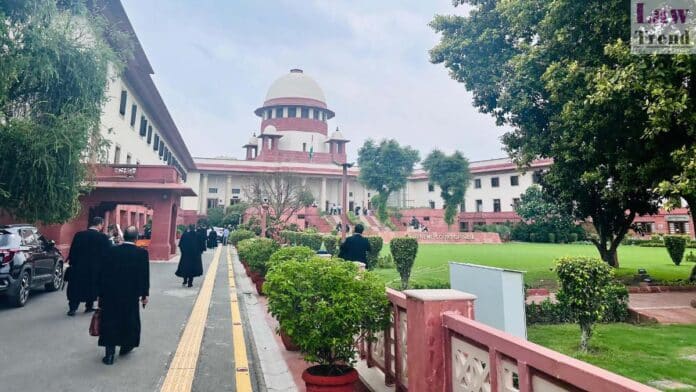In a significant ruling, the Supreme Court has sharply criticized a Calcutta High Court judgment for containing personal opinions and irrelevant observations while dealing with a case under the Protection of Children from Sexual Offences (POCSO) Act. The apex court bench comprising Justice Abhay S. Oka and Justice Ujjal Bhuyan set aside the High Court’s
To Read More Please Subscribe to VIP Membership for Unlimited Access to All the Articles, Download Available Copies of Judgments/Order, Acess to Central/State Bare Acts, Advertisement Free Content, Access to More than 4000 Legal Drafts( Readymade Editable Formats of Suits, Petitions, Writs, Legal Notices, Divorce Petitions, 138 Notices, Bail Applications etc.) in Hindi and English.




